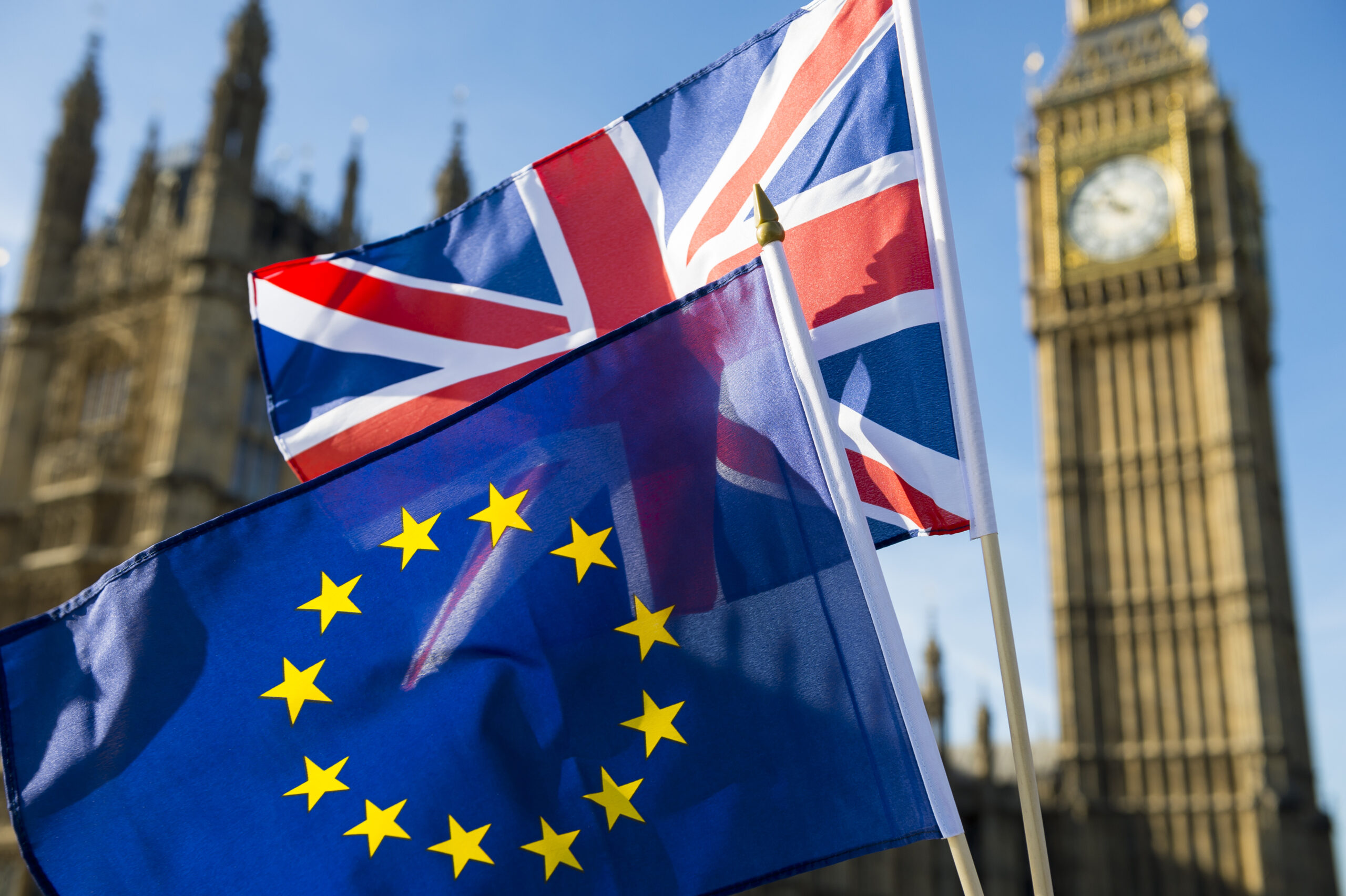Dress codes and Appearance In The Workplace
UPS Lifts Ban On Beards
In non related coronavirus news. Global couriering giant UPS has relaxed their rules on dress codes and appearance in the workplace after years of scrutiny. UPS have introduced the new guidelines as part of a bid to celebrate diversity rather than corporate restrictions. The company had previously stated that their values are rooted in diversity and inclusion. However, it seems this hasn’t always been the case.
UPS’ Journey To Become More Diverse
Back in 2018, a man from Derbyshire was rejected for a UPS delivery driver job because of his beard. In an article published by the BBC, the man in question was told in order to be considered for the position, he would need to shave off his beard as this was a company guideline.
Now two years later, it seems the company has done a U Turn and the new rules will allow hairstyles such as braids and afros. Piercings are also allowed however they should be limited to earrings and small facial piercings. Despite these changes, tattoos are still required to be covered up.
In previous years, UPS workers were only allowed facial hair if it was for religious or medical reasons. But now all workers can fashion any facial hair they wish, from a handlebar moustache to a beard that Mr Twit al a Roald Dahls ‘The Twits’ would be seen donning.
Now with this progressive and positive news, it poses the question : Should UPS have been allowed to enforce such dress code guidelines for all these years?
Dress Codes In The UK
According to UK law, it is legal for employers to set whatever rules they want when it comes to dress codes and appearance in the workplace permitting they aren’t discriminatory.
If you as an employee think your employers dress code is discriminatory, you should speak to your manager. They should address your concern. If the comment isn’t well received you could be subject to unlawful victimisation, which you are protected from under the Equality Act 2010. Should this approach draw no formal conclusions, the Government advises you to follow the HR processes in place at your workplace or follow your trade union representative. You can also contact the Advisory, Conciliation and Arbitration Service or the Equality Advisory and Support Service.
Dress Codes and Appearance In The Workplace
Dress codes are often set dependent on the industry you work in. It can help to establish the company brand and ethos. By setting a uniform it will make employees look professional and equal. Uniforms often project a corporate image and makes employees easily identifiable.
In most workplaces in 2020, formal dress code policies are seen to be outdated and most workers adopt what we might call a casual and informal dress code, essentially, wear what you want. The majority of people seem to wear what’s most practical and comfortable for them i.e jeans and a t-shirt and with the majority of working from home this year, even joggers and pyjamas have fallen into that category. There definitely isn’t a one size fits all policy when it comes to dress codes, that’s why it’s best for employers to evaluate their workplace and make the dress code policy applicable to that environment.
When Are Dress Codes Necessary?
In more common cases, employers introduce these policies for health and safety reasons. This is usually for those working in kitchens, hospitals or when operating machinery. Hair and jewellery are often asked to be covered as well as not wearing baggy clothing or open toed footwear.
All in all, having a dress code is essential for almost all businesses, at the end of the day it’s common sense. You wouldn’t be heavy lifting when wearing a stiletto and you wouldn’t wear nail polish when preparing food. The most important thing is to prioritise staff safety, so establish your guidelines but do not discriminate.
We’re in a modern era where people are free to express themselves. Some say what we wear does define us, but it can also be an expression or our personality and it’s what makes us who we are. When we like what we wear, we usually feel good. So surely morale and employee mental health are top of the list? We’ll let you decide.
Align Your Businesses Vision And Strategy With Ampios
If you’re struggling to keep procedures in place and need a fresh pair of eyes to give everything the once over, our team of dedicated specialists can help point you in the right direction. We can work with your people and can help align the overall vision and strategy of your company. If you need to get in touch, we’d love to have a chat. Give us a call on T: +44 (0)333 987 4672 or send us a message via our contact form: https://www.ampios.com/contact/.












